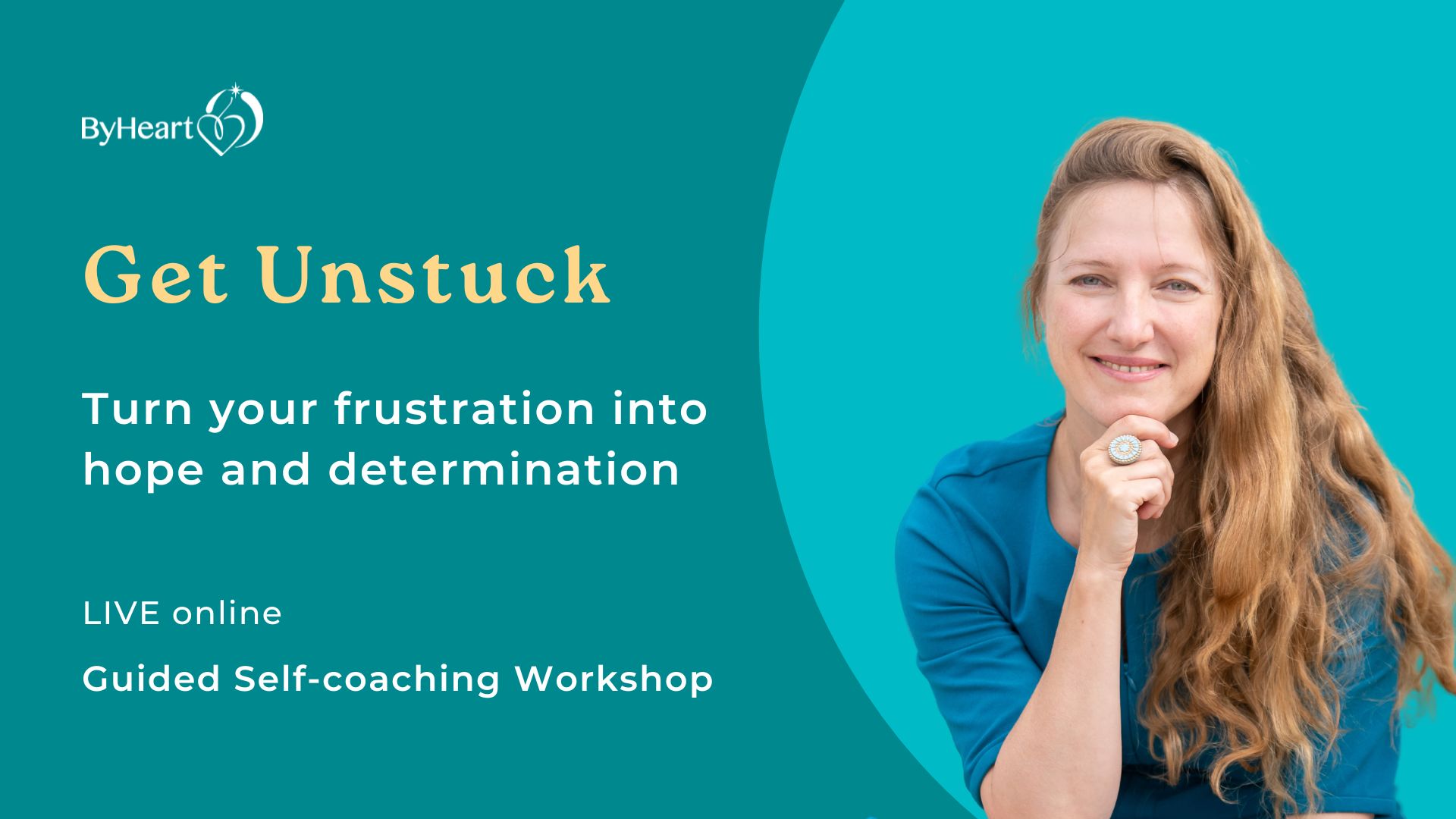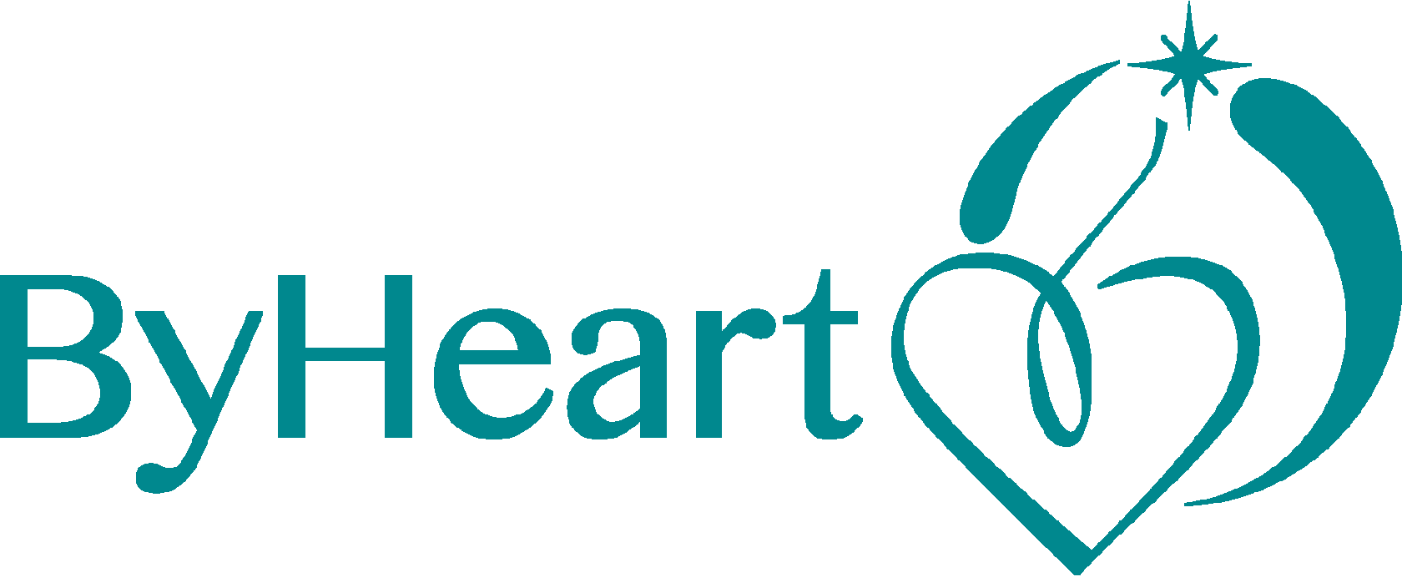Table of Contents
How many pieces of advice did you receive yesterday?
How much of the advice that you received had you asked for?
How did you deal with it?
In my world, advice not asked for does not count as advice.
People can offer it nonetheless, of course.
Power Dynamics
The word advice has apparently meant "opinion offered as worthy to be followed," i.e. as counsel, since as far back as 14C. (according to Etymonline).
In my ideal world, everyone would be following their own advice.
To be clear, I’m in favour of exchanging intel. I’m in favour of us learning from each other.
But it still comes down to this: How do you decide whether to follow someone else’s view - or to stick with your own?
How do you decide whether to follow someone else’s view - or to stick with your own?
Something akin to power dynamics can play into how people deal with advice. This applies to both giving and receiving.
The standard form “I think you should…” automatically places the person speaking atop something of a pedestal.
On the receiving end, that style of advice will get some people’s heckles up. It may feel intrusive or offensive to be told outright what they ‘should do’.
On the other hand, those uncertain of their own view may feel obliged - or perhaps even grateful - to lean on someone else’s authority in making their decision.
But then, as the source of advice, you may get blamed if following your advice doesn’t pan out as expected…
My preference and comfort zone is speaking on the level.
I prefer to know at all times that my decisions are mine, and the other person’s are their own.
On giving advice
Is there a way to offer advice - to share your view - without landing in a supposedly superior position?
Here’s what I believe in and practise.
First of all, I need to know where the advice seeker wishes to be headed. My advice needs to be in the service of their wish. Otherwise, I’m in danger of ‘helping’ them with not what they want. And I know how that feels on the receiving end. It can feel worse than not being helped at all.
Next, I make sure to check I have their permission to offer my view on what is rightly their domain. It’s like entering someone else’s house. Guest rules apply.
Finally, I take care to frame what I say as a comment on how their situation and options look to me right now. We can only ever know a very incomplete version of what’s going on for someone else. Extra information may change my view drastically. So my ‘advice’ is a thing of the moment, only intended to add to the list of options they include when making their decision.
Behind it all is this: I am less interested in attempting to sway someone to my view than in discovering what matters to them.
Advice is someone else’s view. You need your own.
Now you know why I prefer to accompany decision making, instead of offering advice. It lets me leave the power and authority where they belong: with you.
That’s why I’m launching a new workshop.
Get Unstuck
Guided self-coaching: online workshop

This will guide you to use a popular self-coaching tool to escape mental tangles and move forward with your perplexing situation.
Everybody gets stuck from time to time.
The good news is: it takes only a few sticky post-it notes to unclog your thinking and transform frustration into hope and determination.
What’s the format?
📆 Tuesday 4th March, 7:00 pm - 7:50 pm (UK time)
👤 Each participant will be applying the self-coaching tool to their own situation, so you’ll have complete command over how much you disclose or discuss
💬 Interactive online workshop over Zoom
⏳ 50 minutes
🏷️ Open to all for FREE - please bring a friend if you can.
For tickets and full event details: Get Unstuck: online workshop
Not sure what comes next?
Sometimes the first step is just saying this matters.
A Nesting Call is a gentle conversation to meet you where you are — no fixing, no rushing, just deep listening and space to notice what wants to unfold.










Comments